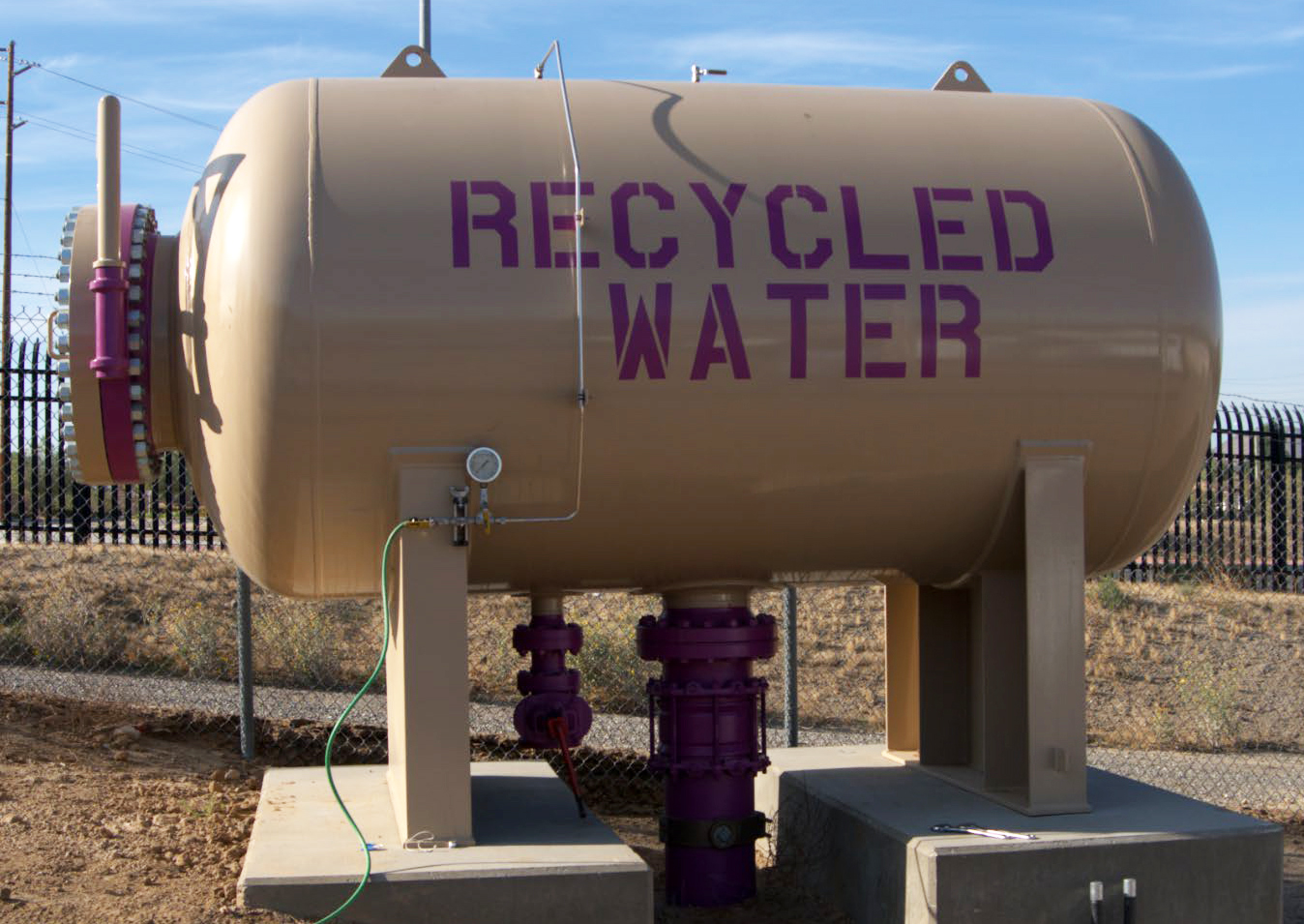Surge vessels,
also called hydropneumatic tanks, are large pressure vessels used for surge
protection, pressure regulation, storage, and pump control. Commonly found on
the discharge header of pumps, their primary purpose is to mitigate problems
with pressure changes when pumps start, change speed, and most critically, when
pumps trip.
To be effective,
surge vessels must be properly sized, with pre-charge pressures that will work
in all operating scenarios. A surge vessel’s pre-charge pressure is the air pressure
inside the vessel when the vessel is empty of all liquid. This pre-charge
pressure correlates to a specific gas-to-liquid volume ratio during normal
operations: high pre-charge pressures result in high gas-to-liquid volume
ratios and vice versa.

Vessel size and
pre-charge pressure is determined in the design phase with a transient analysis
using a specialized computer simulation program that models system pressure and
flow changes during transient conditions. When modeling for different operating
scenarios, engineers will analyze the vessel’s liquid volume to determine
whether the vessel is becoming too full under high-pressure conditions or too
empty under low-pressure conditions. The general rule is to maintain at least
20% liquid by volume and not exceed 80% liquid by volume.
Surge vessels
should be sized such that the pre-charge pressure can vary within an acceptable
range so as not to impact the vessel’s performance in the field. One way to
accommodate for a broader range in pre-charge pressure variances in the field
is to increase the vessel’s volume in the design phase. A broader range in
variances is highly recommended, as pre-charge changes in the field will occur
due to temperature fluctuations, trapped air, slow air leaks and even the speed
at which the vessel fills or empties.
Understanding the
importance of pre-charge pressure, advice for managing the design or field
operations of a surge vessel is to not only expect change in the pre-charge
pressure, but to design for it, actively look for it in the field and have a
response plan when the pre-charge pressure is outside the preferred range.
For more on this subject, read Surge
Vessel Pre-Charge Pressure Explained, Amy Marroquin,
Pumps&Systems, September 2023.